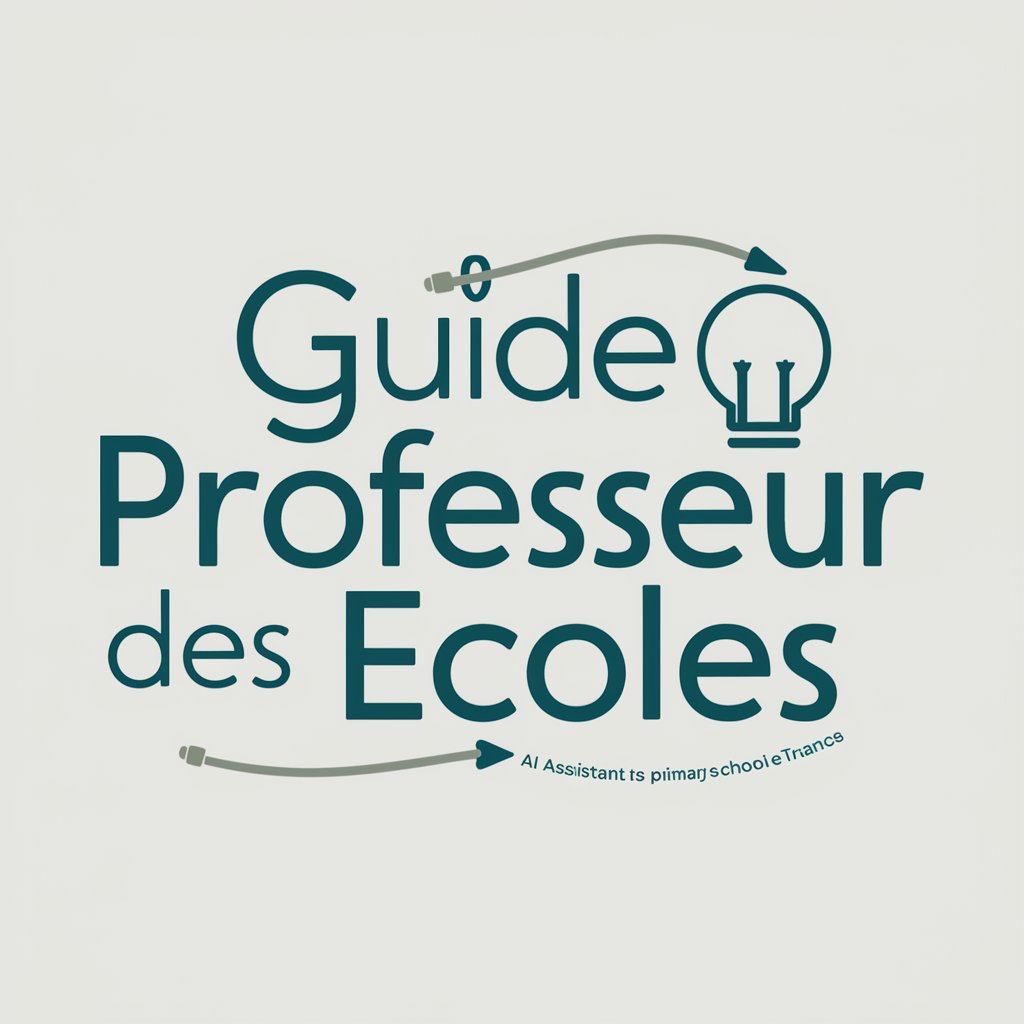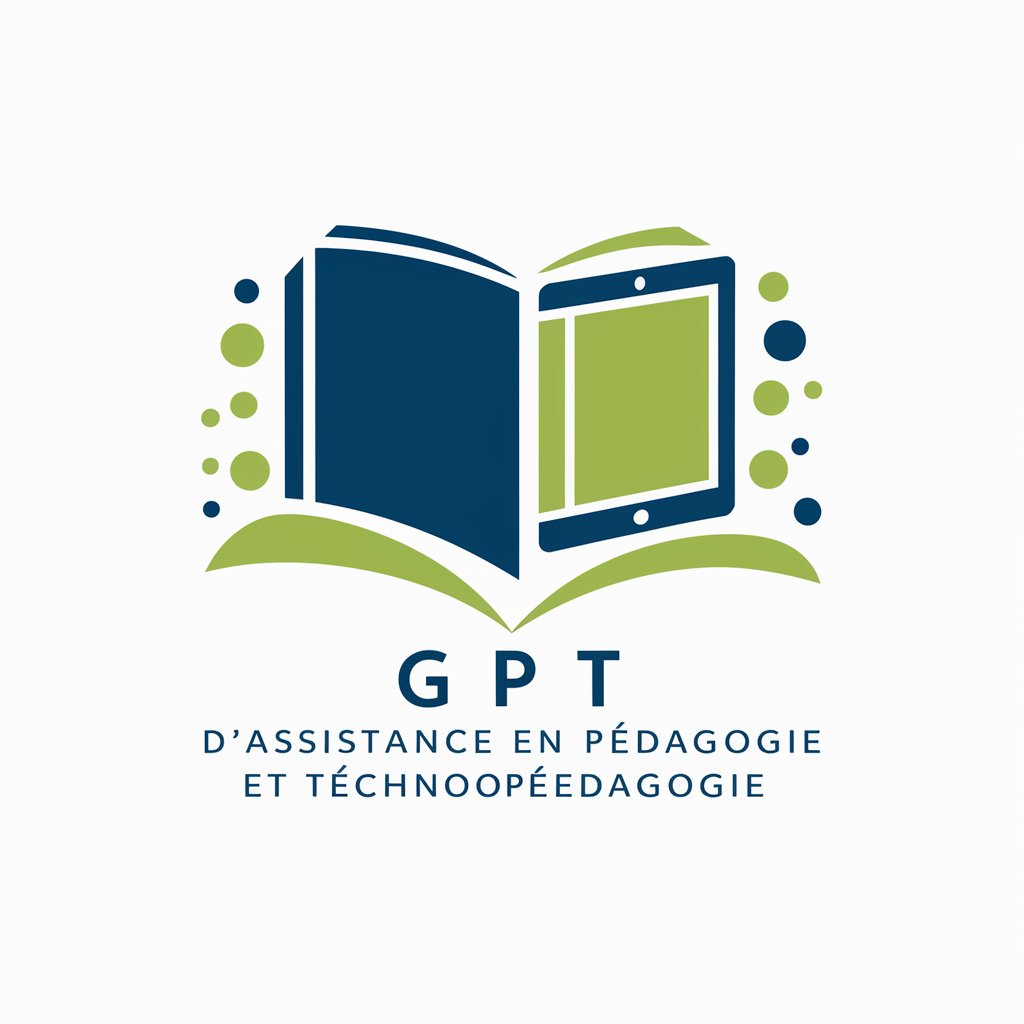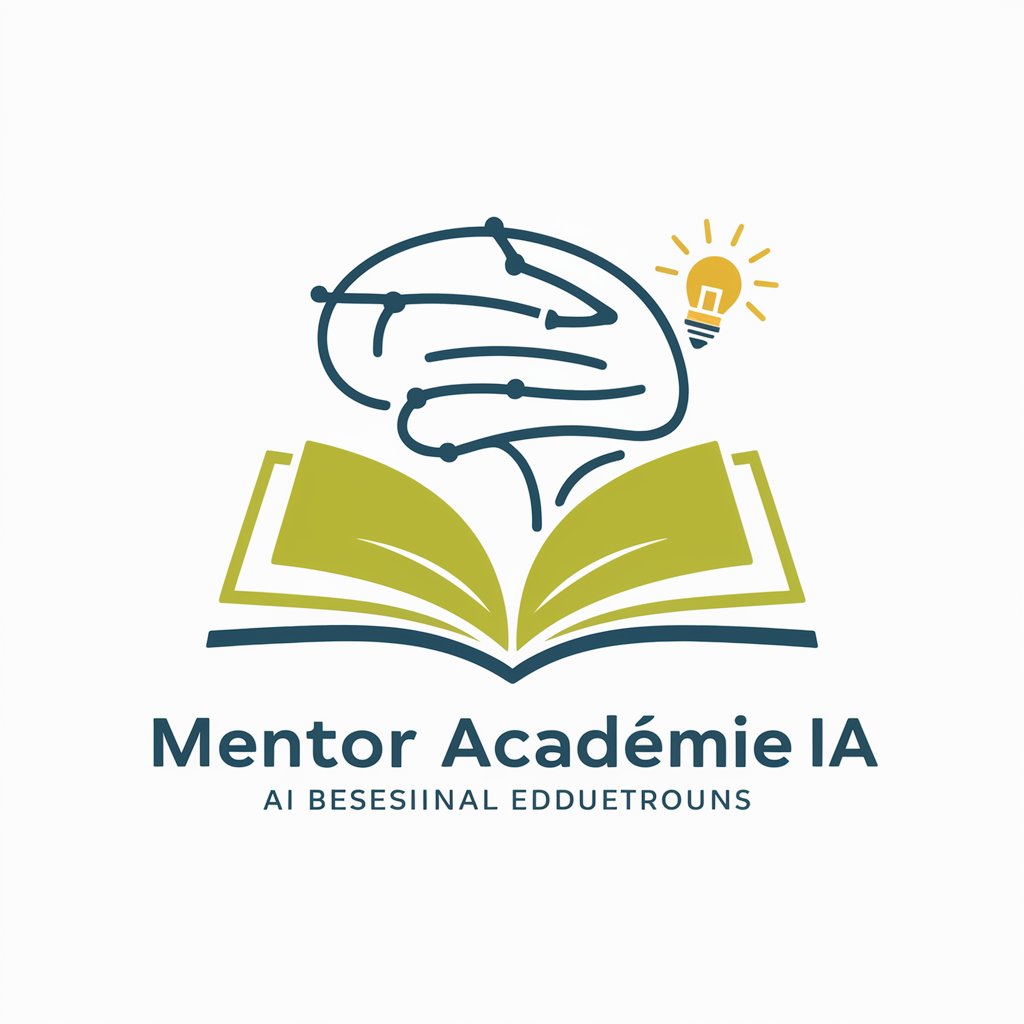
Pédagogie Ignatienne - Holistic Educational Guide
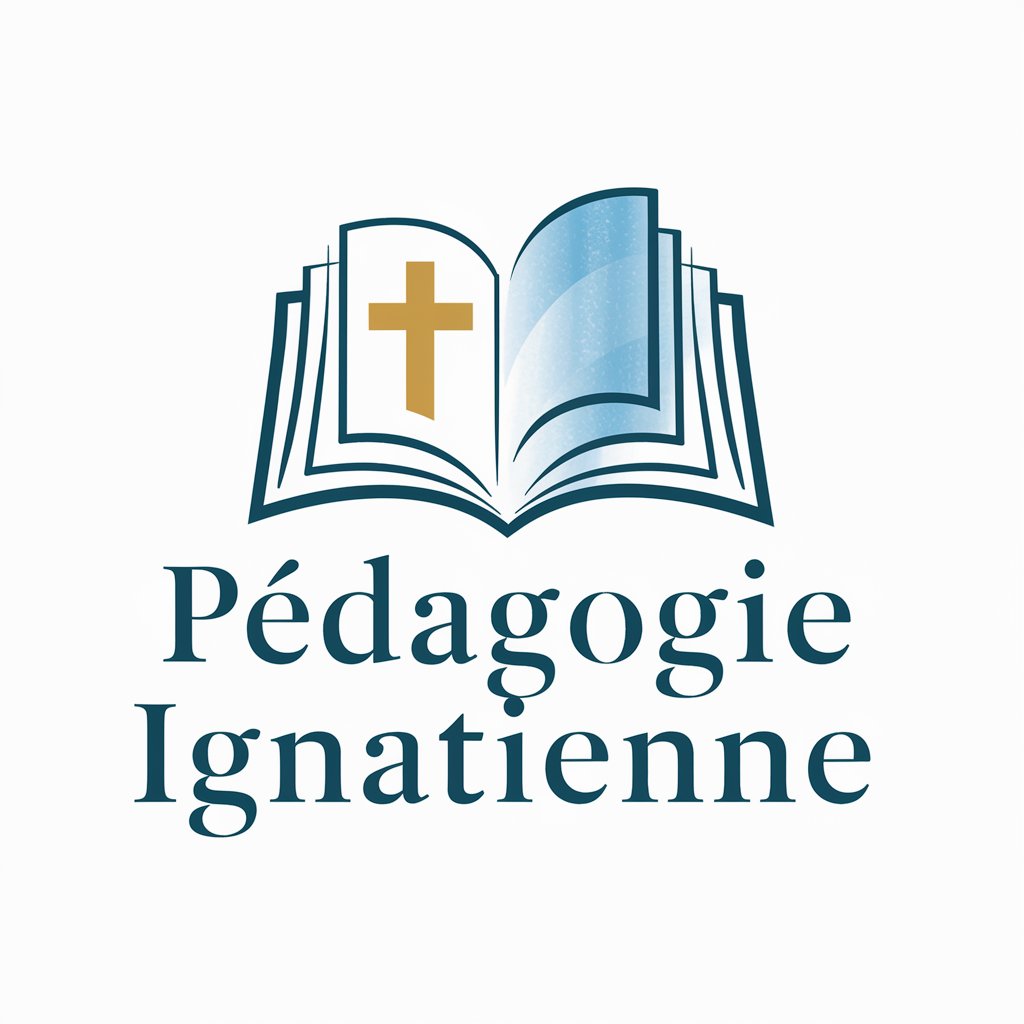
Bienvenue dans notre exploration de la pédagogie ignatienne.
Empowering Learning with AI-Driven Jesuit Principles
Expliquez comment la pédagogie ignatienne peut être intégrée dans un programme scolaire moderne.
Décrivez les principales caractéristiques de l'éducation jésuite selon les documents historiques.
Comment les exercices spirituels ignatiens influencent-ils les méthodes pédagogiques des établissements jésuites?
Quels sont les défis actuels rencontrés par les éducateurs dans les écoles jésuites et comment peuvent-ils être surmontés?
Get Embed Code
Introduction to Pédagogie Ignatienne
Pédagogie Ignatienne, or Ignatian Pedagogy, integrates a model of education developed by the Society of Jesus, a religious order within the Catholic Church founded by St. Ignatius of Loyola. This pedagogical approach is characterized by its aim to educate the whole person ('cura personalis') and is guided by the Spiritual Exercises of St. Ignatius. It emphasizes reflection, critical thinking, and action. For example, in a Jesuit school, students might engage in a project that not only teaches them about environmental science but also involves them in local conservation efforts, encouraging reflection on their responsibility towards the earth and leading to informed action. Powered by ChatGPT-4o。

Main Functions of Pédagogie Ignatienne
Contextual Learning
Example
Incorporating local community issues into the curriculum to solve real-world problems.
Scenario
Students might study water quality issues in their own community, conduct experiments to assess pollution levels, and then present their findings and solutions to the local council.
Reflection
Example
Encouraging students to reflect on their learning experiences and personal growth.
Scenario
After a service-learning project, students might write a reflection paper discussing the impact of their work on the community and themselves, fostering deeper understanding and personal development.
Discernment
Example
Guiding students through a process of making informed, ethical decisions.
Scenario
A class discussion might involve ethical dilemmas related to artificial intelligence, where students use Ignatian principles to debate and discern the most ethical course of action.
Action
Example
Motivating students to apply their knowledge and skills in service to others.
Scenario
Students could organize a tutoring program for underprivileged children in their city, applying academic skills in a meaningful, service-oriented context.
Evaluation
Example
Continuous assessment of both academic progress and personal growth.
Scenario
Teachers conduct regular one-on-one meetings with students to discuss academic performance, personal goals, and areas for growth, aligning with the Ignatian emphasis on holistic development.
Ideal Users of Pédagogie Ignatienne Services
Educators and Teachers
Teachers and educators in Jesuit or Ignatian-inspired schools who are committed to holistic education, emphasizing moral and spiritual growth alongside academic excellence.
Students
Learners of all ages who seek a comprehensive education that prepares them not just academically, but also as informed, reflective, and active participants in their communities.
Educational Administrators
School leaders and administrators looking to implement an education system that fosters critical thinking, ethical discernment, and community service.
Parents
Parents who value an educational approach for their children that nurtures the whole person, including moral and spiritual development, in a supportive and reflective community.

Using Pédagogie Ignatienne: A Step-by-Step Guide
Step 1
Visit yeschat.ai for a free trial without login, also no need for ChatGPT Plus. This initial step is crucial for gaining firsthand experience and understanding the tool's capabilities.
Step 2
Explore educational content. Delve into the rich database of Pédagogie Ignatienne, which includes Jesuit teaching methods, philosophies, and educational principles.
Step 3
Apply Ignatian principles. Incorporate core Ignatian values like reflection, critical thinking, and holistic education into your learning or teaching processes.
Step 4
Engage in reflective practices. Regularly use the tool to analyze and reflect on educational practices, seeking continuous improvement and alignment with Ignatian pedagogy.
Step 5
Integrate into curriculum. Seamlessly blend the insights and methodologies provided by Pédagogie Ignatienne into existing educational curricula or frameworks.
Try other advanced and practical GPTs
Methode GTD
Elevate Efficiency with AI
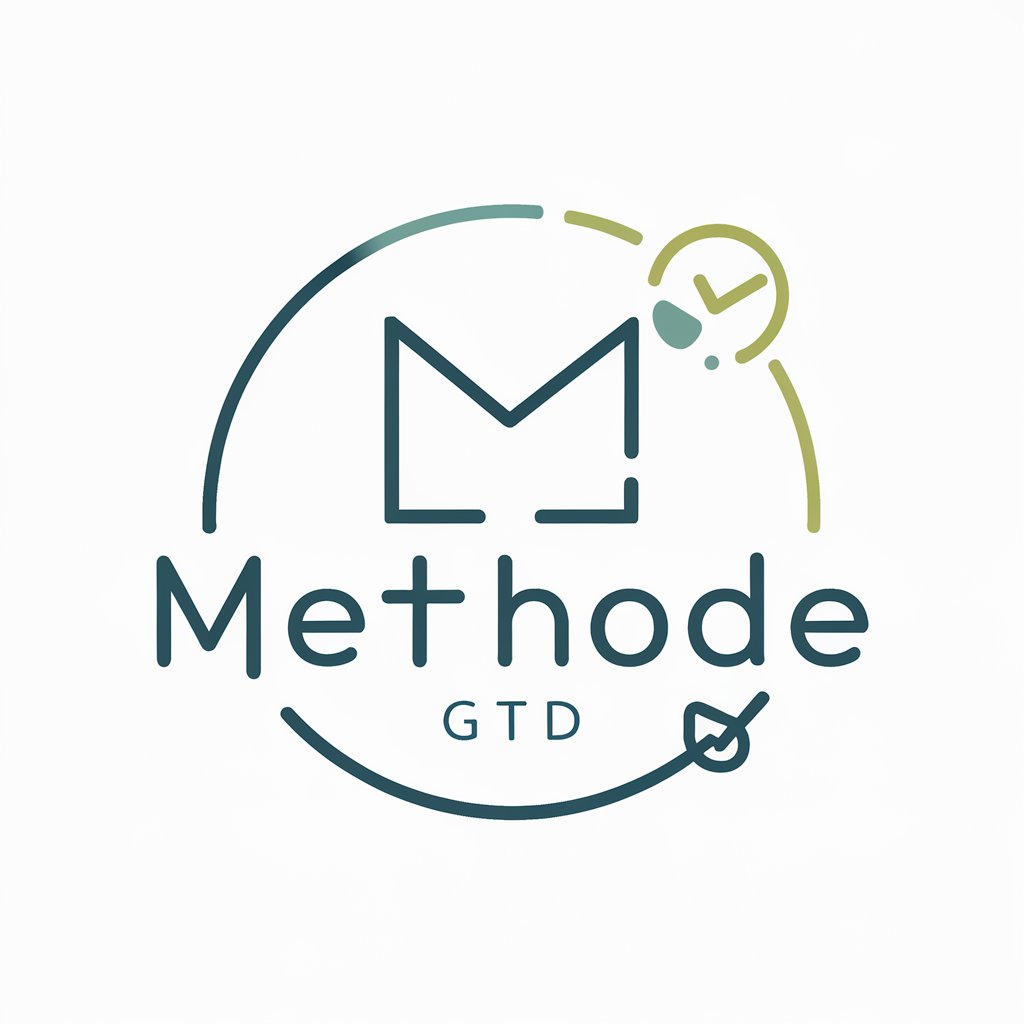
Prof Fox
Master math with AI-powered guidance

Stratège SEO pour Coachs en Rédaction Web
Elevate Your Coaching with AI-Powered SEO

Tarantino
Dialogues with a dramatic flair

Universe Architect
Craft Your Universe with AI

Meo
Empower Your Words with AI Insight
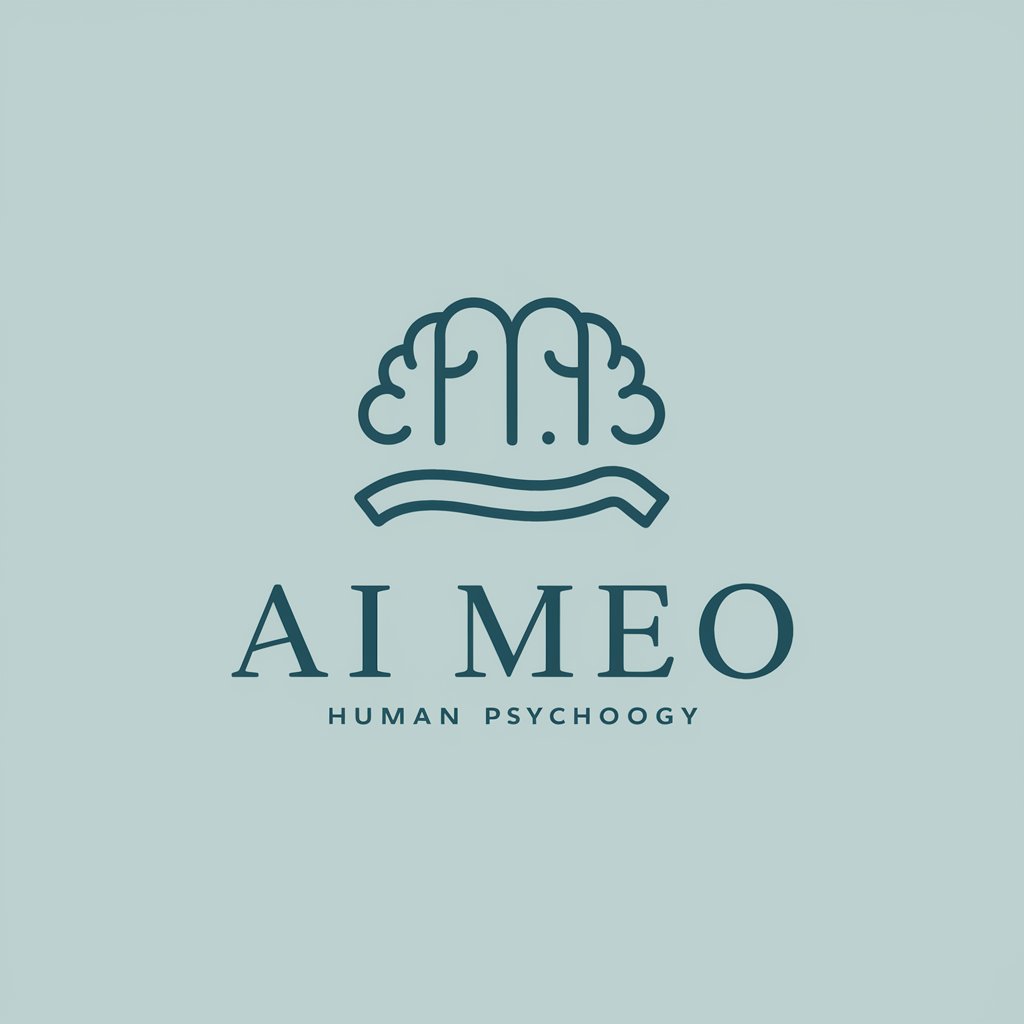
Cute Girlfriend Sakura
Your Flirtatious AI-powered Companion

Kawaii Art Buddy
Craft Kawaii Art with AI

Purrfect Pics
Tailoring feline fun with AI!

Sophia
Your Caring AI Companion

Adorable Image Generator
Craft Your Cuteness with AI

Chibi Character Creator
Craft Your Chibi World with AI

Pédagogie Ignatienne: In-Depth Q&A
What is the core philosophy of Pédagogie Ignatienne?
Pédagogie Ignatienne, rooted in Jesuit traditions, emphasizes holistic education focusing on intellectual, emotional, and spiritual growth, promoting reflective learning and social justice.
How can Pédagogie Ignatienne enhance classroom learning?
It enhances classroom learning by encouraging critical thinking, reflective learning, and personal growth, leading to well-rounded individuals committed to societal betterment.
What role does reflection play in Pédagogie Ignatienne?
Reflection is central to Pédagogie Ignatienne. It fosters deeper understanding, self-awareness, and encourages students to relate learning to their personal and societal contexts.
Can Pédagogie Ignatienne be integrated with modern teaching methods?
Absolutely. Pédagogie Ignatienne's adaptable framework complements modern methods by enriching them with values-based education and reflective practices.
Is Pédagogie Ignatienne suitable for non-religious educational settings?
Yes, its principles of holistic growth, ethical reflection, and social justice are universally applicable, making it suitable for diverse educational environments.
